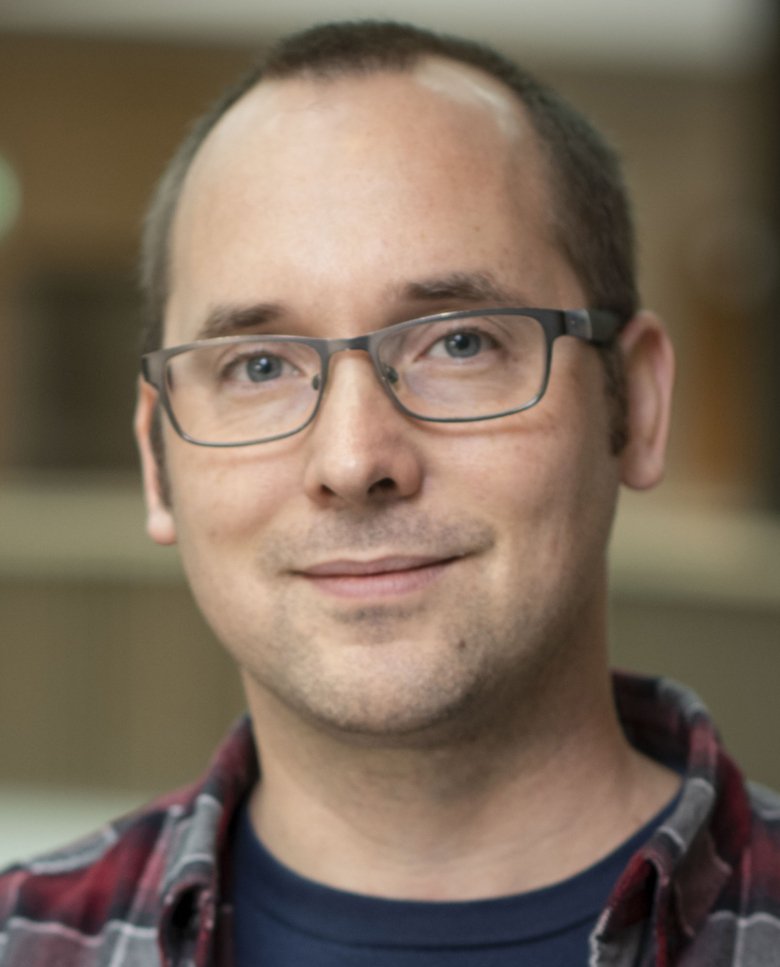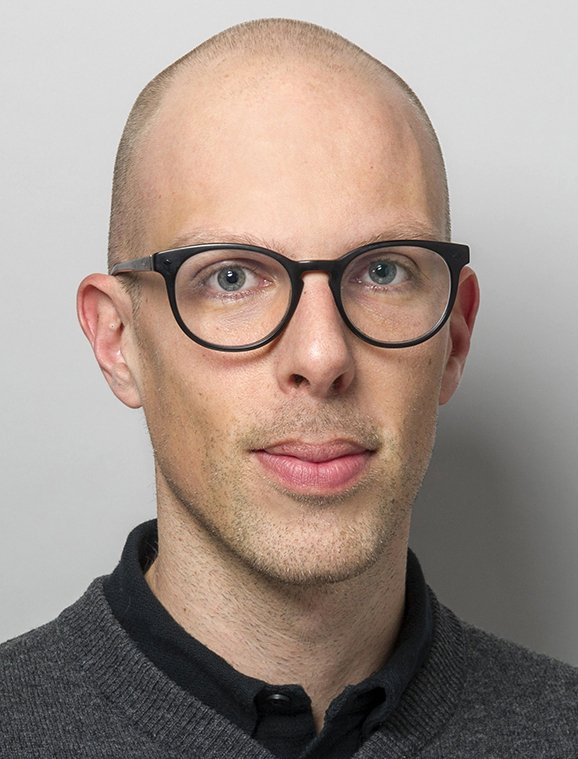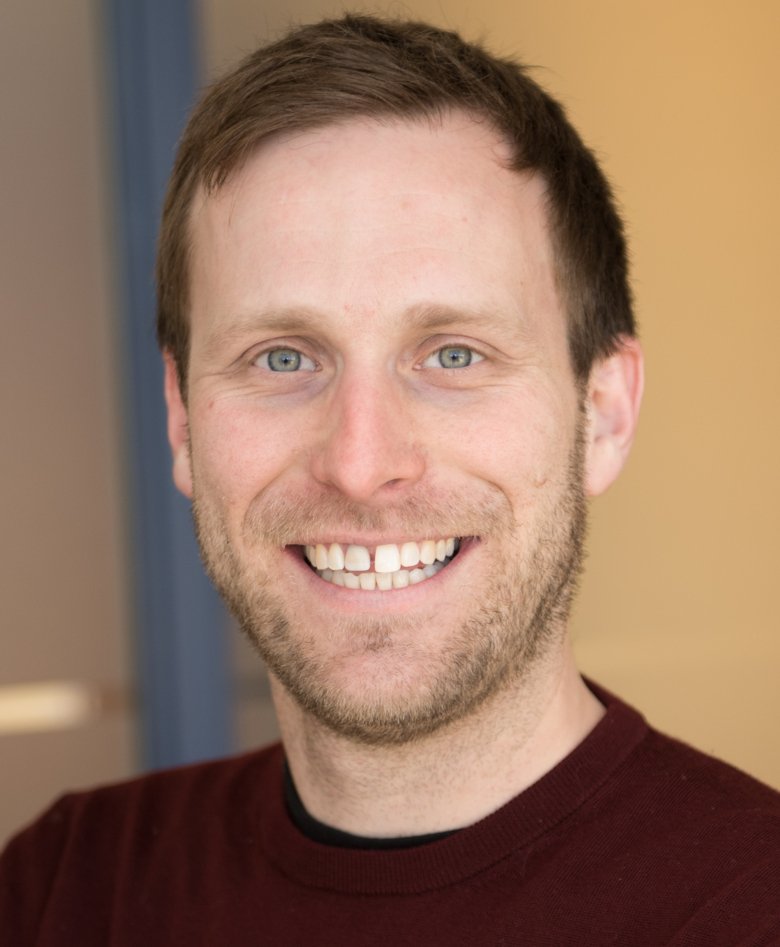Four new Wallenberg Academy Fellows to KI

Four of the 27 new Wallenberg Academy Fellows appointed in 2021 will conduct their research at Karolinska Institutet (KI). The five-year grant is financed by the Knut and Alice Wallenberg (KAW) Foundation to provide young and talented PIs with long-term research funding in Sweden. This year, two researchers at KI are also awarded an extended grant within the funding programme.
Each new Fellow is awarded between SEK 5 and 15 million for a five-year period, depending on topic and research field. Thanks to the KAW Foundation funding, many of the researchers will be able to continue working in Sweden, while others are recruited to Sweden to build up their research here.
The underlying intention of the Wallenberg Academy Fellows programme is to strengthen Sweden as a research nation. Since the programme started in 2012, the KAW Foundation has invested a total of SEK 2.5 billion in 230 researchers. This year more than half of the appointed new Wallenberg Academy Fellows are women, however none of them will have KI as main affiliation.
“Wallenberg Academy Fellows is a powerful investment in rejuvenating Swedish research. It provides young researchers with fantastic opportunities to become established and build up their research groups. It is a pleasure for us, at the academies, to help the Knut and Alice Wallenberg Foundation with selecting Fellows and supporting them in their work,” says Göran K. Hansson, secretary general of the Royal Swedish Academy of Sciences, in a press release.
The Wallenberg Academy Fellows 2021

Marcus Buggert
Department of Medicine, Huddinge
About the project: When a virus enters the body, it causes the activation of killer T cells, among other things. Researchers have long believed that the main purpose of killer T cells is to attack virus-infected cells and eradicate them. However, this idea is built upon studies of killer T cells from blood – and Marcus Buggert has discovered that the killer T cells found in other organs in the body appear to attack the virus in other ways. He will now use the funding from the KAW Foundation to map where in the body the killer T cells that recognise different viruses are found, and how they fight these viruses.

Björn Reinius
Department of Medical Biochemistry and Biophysics
About the project: The cells in our body normally carry 23 pairs of chromosomes, one chromosome copy from our mother and the other from our father. However, when cells divide, individual chromosome copies can be lost; this is particularly common in cancer cells and is a contributing factor to the lack of control of cell division. With the support from the KAW Foundation, Björn Reinius will now investigate how gene activity is regulated in different pairs of chromosomes. One important aim is to better understand why the loss of some chromosomes can drive cancer, while our cells can cope with the loss of other ones.

Björn Lindström
Presently at Vrije Universiteit Amsterdam, Netherlands
About the project: The human ability for social learning shapes our culture and allows ideas and behaviors to be transferred from one generation to another. But social learning can also lead to problematic cultural phenomena, for example conspiracy theories that spread rapidly on social media, or the resistance to vaccinations that is increasing in many countries. To investigate these processes, Björn Lindström uses mathematical models, brain imaging and behavioral experiments. One hope is that the project now financed by the KAW Foundation will result in new knowledge on how to counteract conspiracy theories.

Sébastien Talbot
Presently at the Université de Montréal, Canada
About the project: Our immune system finds and destroys abnormal and sick cells in our body. Still, many tumours succeed in evading the immune system and continue to grow. Sébastien Talbot has discovered that a type of pain-sensing neurons in the tumour, so-called nociceptors, emit substances that help the tumour to escape attacks from the immune system, by over-activating the immune cells and tire them out. With the support from the KAW Foundation, Dr Talbot will now continue to investigate this protective mechanism in detail to see if it can be used as a target in future cancer therapies.
Researchers awarded extended funding
Fredrik Lanner, Department of Clinical Science, Intervention and Technology
Vicente Pelechano, Department of Microbiology, Tumour and Cell Biology
Both were awarded Wallenberg Academy Fellow in 2016 and now receive another five years of funding within the same programme.
